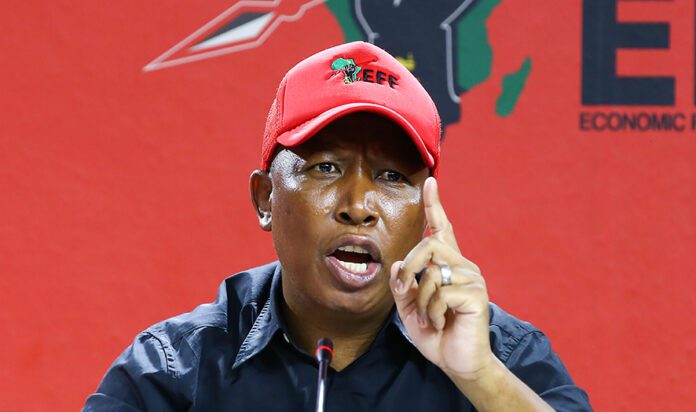A recent study by the Commission for Gender Equality (CGE) has found that the Economic Freedom Fighters (EFF) are the closest to achieving 50/50 gender parity among public representatives at the local government level.
Based on pre-2021 municipal elections data, the study revealed that 49% of the EFF’s councillors are women and 51% are men, the highest gender balance among six major political parties assessed.
In contrast, the African Christian Democratic Party (ACDP) was the worst performer, with just 20% of its councillors being women and 80% men. The ANC and the Democratic Alliance (DA) were both in second place, with 38% women and 62% men represented at municipal level.
The research focused on six political parties, namely the ANC, DA, EFF, Inkatha Freedom Party (IFP), Freedom Front Plus (VF+), and ACDP, using data sourced from party websites and the Independent Electoral Commission (IEC).
The CGE research team conducted a theme-based content analysis of party manifestos from a gender perspective, examining how key gender-related issues were prioritised.
Candidate lists were also analysed to assess the numerical gender balance and how men and women were placed on these lists. The report notes that placement on the list directly impacts electability and that gender parity is not only about numbers but also about the strategic positioning of candidates.
The long path to gender equality
The study found that the 2021 local government elections marked a reversal in gains made in women’s representation for the first such decline since 2011.
While women remain more present in proportional representation seats than in ward seats, their overall share decreased. Women’s representation in PR seats fell from 49% in 2016 to 46% in 2021, and from 32% to 27% in ward seats.
The CGE’s findings highlight that while some parties are making progress, much more needs to be done to achieve meaningful gender equality in South Africa’s political landscape.
In response, the CGE has recommended the enforcement of a 50/50 gender quota system across all political parties for both internal leadership positions and public representatives.
It further calls for the introduction of legal and punitive measures for non-compliance and amendments to the Electoral Act to empower the Electoral Commission of South Africa to reject party lists that do not meet gender balance requirements.
The commission also wants the government to amend the Municipal Structures Act so that the current gender parity requirement in proportional representation extends to ward councillor positions as well.
Other recommendations include the mandatory use of the “zebra-stripe” method, which would see the alternating of male and female candidates on party lists to ensure women are placed in electable positions, as well as parties adopting internal rules that guarantee equitable gender representation in decision-making structures.



